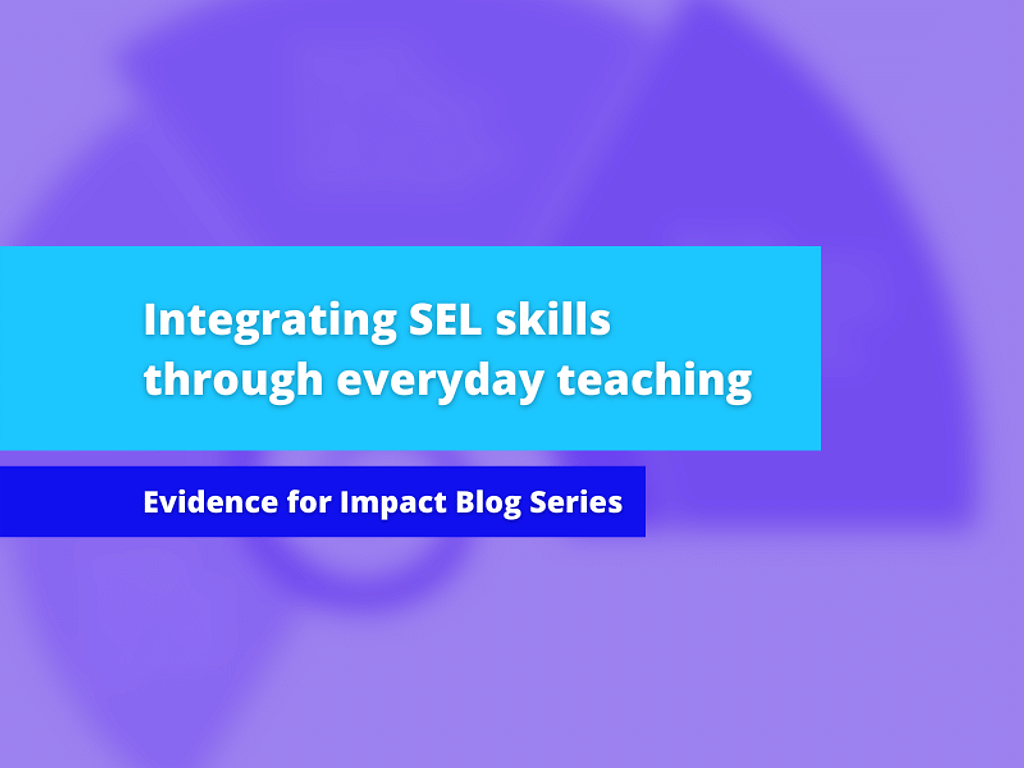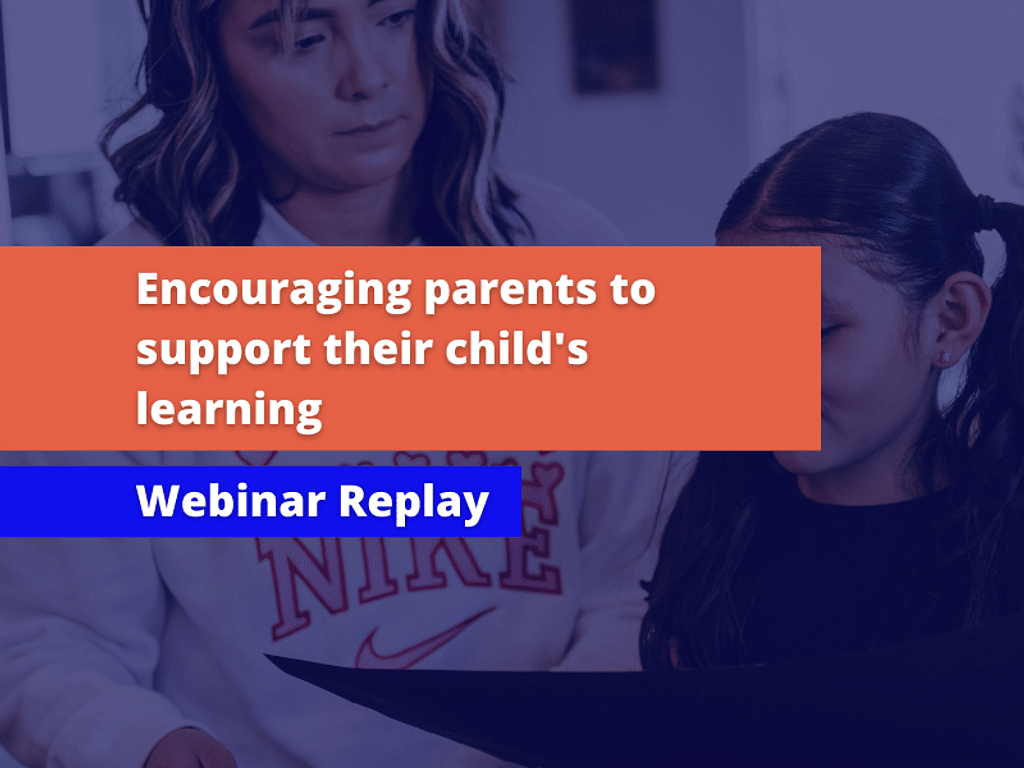Evidence for Learning: Improving social and emotional learning in primary schools
Improving social and emotional learning in primary schools
Download the Recommendations Poster
Uploaded: • 36.0 KB - pdfFirst Edition
Published
School Phase
Primary
This Guidance Report reviews the best available research to offer school leaders and teachers six recommendations to support primary schools to improve social and emotional learning.
Evidence from our Teaching & Learning Toolkit suggests that social and emotional learning approaches can lead to learning gains of +4 months over the course of a year, when implemented consistently.
We’ve produced this Guidance Report to help support schools as they refresh their approach to social and emotional learning, by providing six clear and actionable recommendations which we hope will support an evidence-informed approach to developing students’ social and emotional capabilities and improve learning.
Recommendation 1: Teach SEL skills explicitly.
Recommendation 2: Integrate and model SEL skills through everyday teaching.
Recommendation 3: Plan carefully for adopting a SEL program.
Recommendation 4: Use a SAFE curriculum: Sequential, Active, Focused and Explicit.
Recommendation 5: Reinforce SEL skills through whole-school ethos and activities
Recommendation 6: Plan, Support and monitor SEL implementation.
Evidence for Learning has produced another Guidance Report Putting Evidence to Work: A School’s Guide to Implementation which can be used as a guide as you plan to implement changes in your school relating to improving social and emotional learning.
Implementation can be described as a series of stages relating to thinking about, preparing for, delivering, and sustaining change. The section Acting on the evidence, suggests a range of strategies that you might find helpful in planning, structuring and delivering a whole‑school approach to SEL.
E4L thanks the Australian researchers and practitioners who provided input to and feedback on drafts of this Guidance Report. We particularly acknowledge the insights of Professor Helen Cahill (University of Melbourne).
E4L acknowledges Catholic Education Melbourne’s (CEM) support in developing this Guidance Report and thanks staff from schools in the Archdiocese of Melbourne for providing insights into their practise.
This Guidance Report and supporting materials are licensed under a Creative Commons licence as outlined below. Permission may be granted for derivatives, please contact Evidence for Learning for more information.
This work is licensed under a Creative Commons Attribution-NonCommercial-NoDerivatives 4.0 International Licence.
Download the Guidance Report
Uploaded: • 1.9 MB - pdfDownload the Recommendations Poster
Uploaded: • 36.0 KB - pdf
Blog


Webinars
